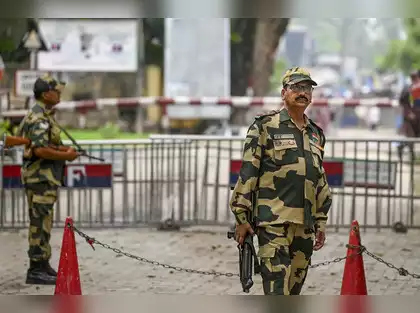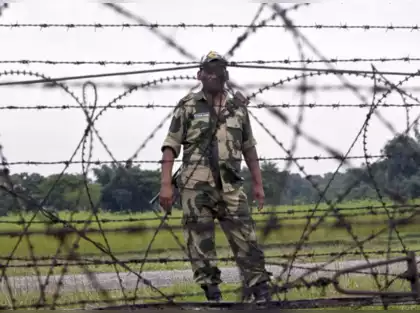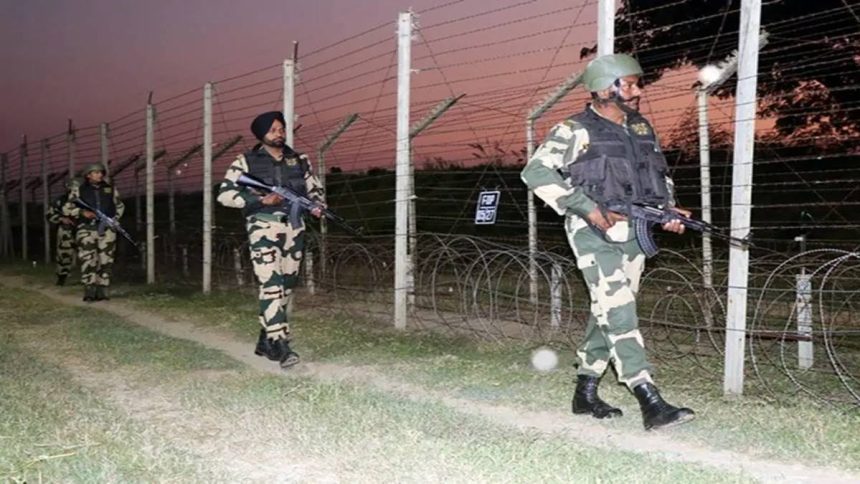Prime Minister Narendra Modi convened a meeting on Monday to assess the unfolding situation in Bangladesh. Foreign Minister S. Jaishankar is expected to address parliament with an official statement on Tuesday.
Concerns are mounting that prolonged instability in Bangladesh could have repercussions for India, which has been perceived as a supporter of Prime Minister Sheikh Hasina during her 15-year tenure, despite her controversial measures against dissent and the imprisonment of opposition leaders.
Five Indian states share a border with Bangladesh, a country that was established in 1971 following a war with Pakistan. Government data from November last year indicates that approximately 915.35 kilometers of this border remains unfenced, heightening security concerns.
From a strategic perspective, Hasina’s leadership has been relatively advantageous for India. She has taken strong actions against anti-India militants operating in Bangladesh and has granted transit rights that have facilitated secure trade routes for the Indian states bordering Bangladesh.

READ ALSO:
OpenAI Co-Founder John Schulman Leaves for Rival Anthropic
In response to the escalating tensions, high-ranking officials from India’s Border Security Force (BSF) visited the Bangladesh border in West Bengal on Monday.
The visit aimed to review the “operational preparedness and strategic deployment of BSF in these critical border areas,” according to a spokesperson. The BSF emphasized that it has received strict instructions from the Indian government to prevent any unauthorized entry into the country.
Train services between India and Bangladesh have been suspended indefinitely, following their initial halt in mid-July due to violent protests in Bangladesh.
Furthermore, India has advised its citizens residing in Bangladesh to exercise “extreme caution.” In July, more than 4,500 Indian nationals returned to India with assistance from its diplomatic missions in Bangladesh.
In light of Prime Minister Hasina’s resignation, the north-eastern Indian state of Meghalaya imposed a night curfew along its border with Bangladesh on Monday.
In West Bengal, the state with the longest shared border with Bangladesh and close linguistic and cultural ties, Chief Minister Mamata Banerjee has called for peace. Additionally, the movement of goods through the Petrapole land port has been halted, leaving hundreds of Indian trucks stranded on the Bangladesh side.
READ ALSO:
Forex Crisis Boosts Nigeria’s ID4D Project with N8.6 Billion Gain from 2023 Naira Devaluation

A senior Indian diplomat, speaking to the BBC on Monday, highlighted the limited options available to India at this juncture. “We have to tighten control on our borders. Anything else would be construed as interference,” the diplomat stated.
The developments underscore the delicate balance India must maintain in its foreign policy and border security measures amidst the changing political landscape in Bangladesh.
As India braces for potential spillovers of instability, the focus remains on maintaining stringent border controls and ensuring the safety of its citizens and strategic interests in the region.

